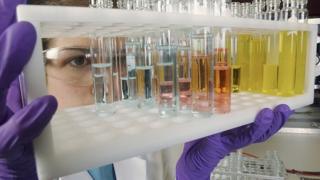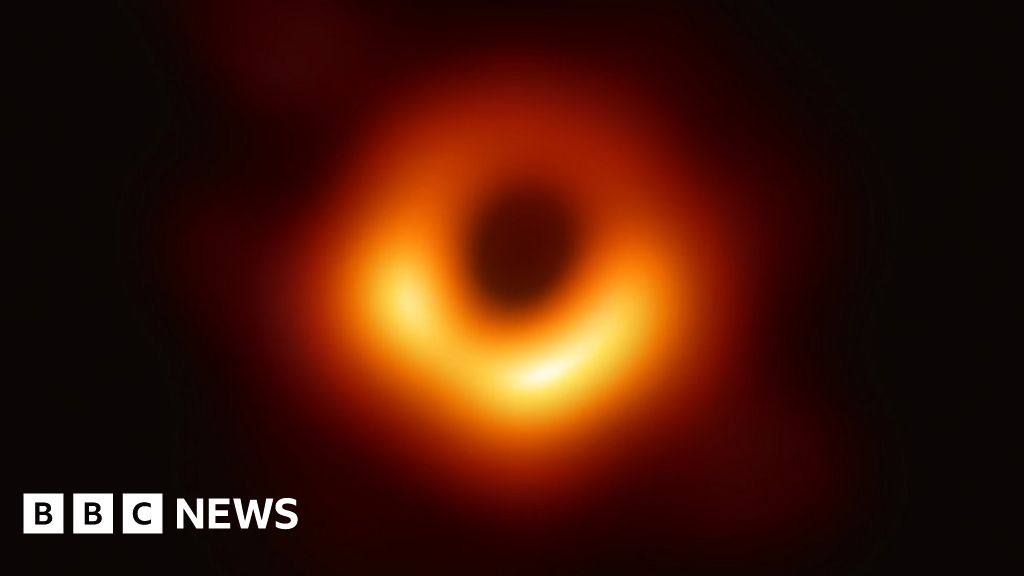 Image copyright
Getty Images
Image caption
Life sciences attract more women than other areas
Image copyright
Getty Images
Image caption
Life sciences attract more women than other areas
Scientists featured in textbooks are predominantly white men, according to a study.
US biology textbooks highlighted seven men for every woman scientist.
And black women were not represented a single time in any of the works analysed.
Based on the current rate, it will be centuries before the books used to teach undergraduate biology in the US match the diversity of their readers, say researchers.
"We didn't see any, for instance, black women scientists across any textbook," said Dr Cissy Ballen of Auburn University in Alabama, US.
The study analysed more than 1,000 scientific names featured in seven modern biology textbooks used to teach undergraduates entering science and medicine in the US.
They ranged from historical figures such as Charles Darwin and Gregor Mendel to contemporary scientists such as Jane Goodall.
Overall, 13% of the scientists featured were women, while 6.7% were from Black, Asian and Minority Ethnic backgrounds.
Previous research has shown the importance of diverse, relatable role models in science, said Dr Ballen. "Not to be able to see anyone like them in these kinds of fundamental textbooks that they're using, I think it would have a really negative effect," she said.
There have been some gains in recent years, particularly where women and Asian men are concerned, said the researchers.
Despite this, the scientists portrayed are not representative of their target audience, particularly among Asian and Hispanic women, while black woman were not represented at all.
Textbook publishers are "tasked with balancing an accurate portrayal of history while showcasing contemporary science that reflects a diverse population of learners", they said.
Dr Rahma Elmahdi, honorary research associate for equality, diversity and inclusion at Imperial College London, said it had been known for some time that the demographics represented in learning materials such as text books are largely white and male, and not a reflection of the students in those classes, and this is also the case in the UK.
"We need to start acting to address these disparities if we don't want to exclude yet another generation of talented scientists," she said.
Biology is relatively gender diverse compared with other areas of science, such as physics. In the US, around 60% of biology graduates are women.
Previous research has shown the number of women climbing the career ladder in science is "disappointingly low".
The research is published in the Royal Society journal, Proceedings B.
Follow Helen on Twitter.

 5 years ago
827
5 years ago
827 

